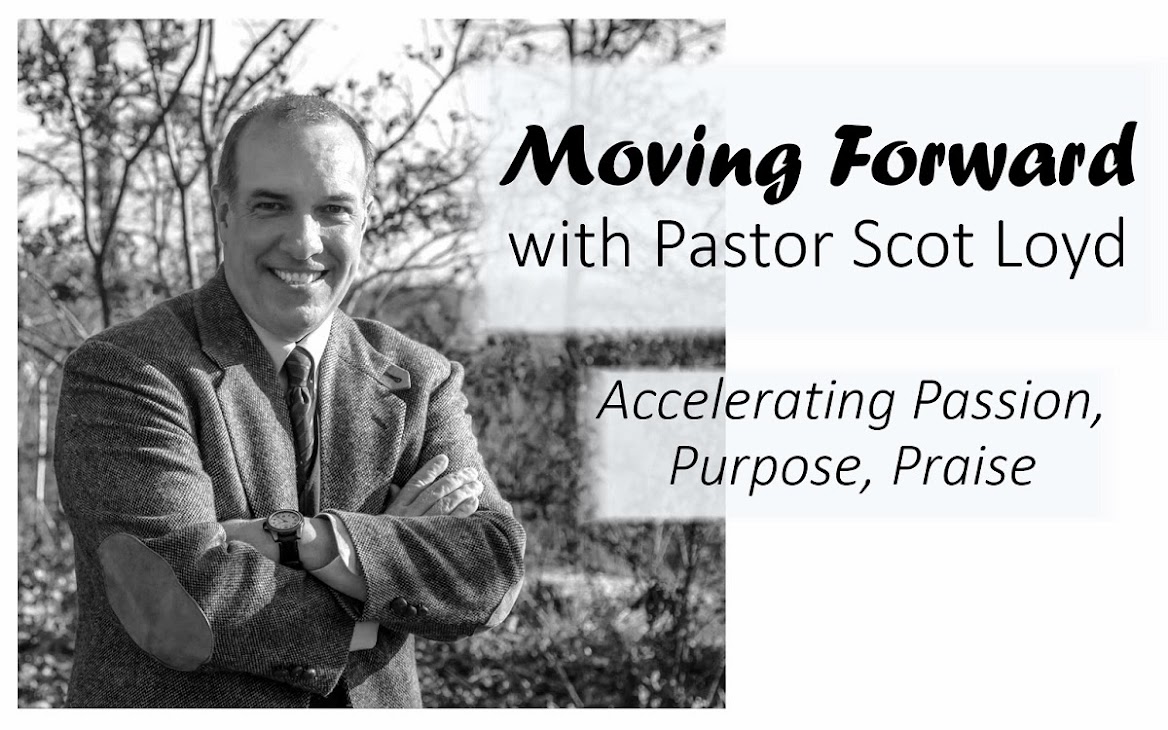 The cultural tide is turning on the subject of same-sex marriage. Many on both the right and left of this issue have debated the merits and pitfalls of this change in direction away from the traditional understanding of marriage. Certainly for people of the Christian faith, and other faiths for that matter, this is a disturbing development. For most in the Christian community this is not a matter of hating homosexuals or seeking to deny them access to benefits, but rather it is an effort to protect what the Bible declares to be the definition of marriage. And because I am someone who believes the Bible to be the Word of God, defending what it says about all matters of life and faith are important to me. I desire truth.
The cultural tide is turning on the subject of same-sex marriage. Many on both the right and left of this issue have debated the merits and pitfalls of this change in direction away from the traditional understanding of marriage. Certainly for people of the Christian faith, and other faiths for that matter, this is a disturbing development. For most in the Christian community this is not a matter of hating homosexuals or seeking to deny them access to benefits, but rather it is an effort to protect what the Bible declares to be the definition of marriage. And because I am someone who believes the Bible to be the Word of God, defending what it says about all matters of life and faith are important to me. I desire truth.
I’ll begin by affirming a common description of modern Christianity’s failure when it comes to addressing how the subject of same-sex relationships has been addressed. Critics are right in pointing out the inconsistencies and hypocrisies of many in the church. But the hatred exhibited by Westboro Baptist or the failure of the church to address the plague of divorce do not, by any means, change the truth of Scripture. To be clear, what the institution of a church does or does not do in defense or affirmation of a particular truth in no way dilutes that truth. Many are right to decry the failures of the church in exhibiting love and practicing what it means to be a follower of Christ. My argument is that the answer to this isn’t to become less loving by refusing to proclaim truth, but rather to become more loving by rejecting the idea that mere tolerance is preferable to genuine love. Love coupled with truth serves others by warning them of Biblical boundaries and proclaiming the grace of God which liberates all of us from the penalties of those violations.
The Biblical boundaries concerning marriage are set forth beginning with the Genesis account of the first marriage. Genesis 1:27 reports, “So God created man in his own image, in the image of God he created him; male and female he created them.” Sexuality is not strictly a construct of societal norms but is rather a product of creation. God created and ordained sexual identity. After creating man and woman both distinctive from and complementary to one another, God then joined them together, forever defining the institution of marriage in Genesis 2:24: “Therefore a man shall leave his father and his mother and hold fast to his wife, and they shall become one flesh.” Both Jesus and the Apostle Paul refer back to this passage as the origin of God’s intentions for marriage in Matthew 19 and 1 Corinthians 7.
Increasingly, the Bible is losing the influence it once enjoyed over mores and societal institutions such as marriage resulting in a trajectory hermeneutic that is leading many away from the clear teaching of Scripture on these matters. Consider the words of Luke Timothy Johnson in the article Homosexuality and the Church: Two Views. In a passage discussing Biblical texts that prohibit homosexual behavior, Johnson writes,
What do we do with what the text says? ... I think it is important to state clearly that we do, in fact, reject the straightforward commands of Scripture, and appeal instead to another authority when we declare that same-sex unions can be holy and good. And what exactly is that authority? We appeal explicitly to the weight of our own experience and the experience thousands of others have witnessed to, which tells us that to claim our own sexual orientation is in fact to accept the way in which God has created us. By so doing, we explicitly reject as well the premises of the scriptural statements condemning homosexuality –namely, that it is a vice freely chosen, a symptom of human corruption, and disobedience to God’s created order. (Luke Timothy Johnson and Eve Tushnet "Homosexuality and the Church: Two Views," Commonweal June 15, 2007)
Many in our day like Mr. Johnson use their subjective experience to trump the clear teaching of Scripture and thus are engaging in hermeneutical gymnastics, thereby “exchanging the truth of God for a lie” (Romans 1:25). These hermeneutical gymnastics have manifested themselves in many ways. In the following days I want to challenge what I believe to be a twisting of Holy Scripture’s clear meaning. I’ll be addressing those who have attempted to use Scripture as a defense of this lifestyle, by looking at the full weight of the Biblical evidence, and I will also address what I believe the government's role should be in a free society on this particular issue, and taken together, these blog posts will serve as a record of my position in this crucial debate.

You know, it's not something we decide on. If you think about it, why would we?
ReplyDelete